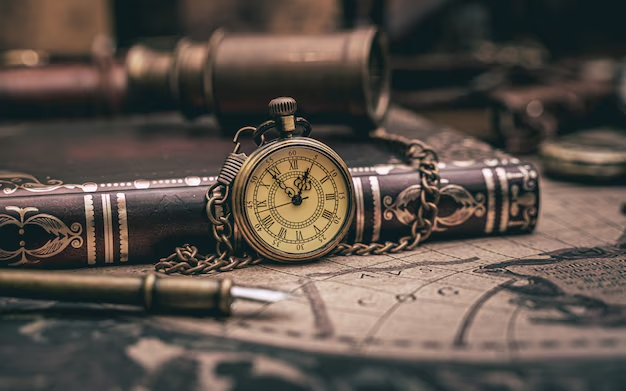“Turning Points in History: Defining Moments of Change” refers to key events or developments in history that dramatically altered the course of societies, cultures, and civilizations. These moments often represent shifts in power, thought, technology, or culture that have long-lasting effects. Here are some examples of major turning points in history:
1. The Fall of the Roman Empire (476 AD)
- What happened? The Roman Empire, once the dominant power in the Western world, collapsed due to a combination of internal decay and external pressures, including invasions from barbarian tribes.
- Impact: This marked the beginning of the Middle Ages in Europe, leading to a period of decentralization and feudalism, and it shaped the future of European politics, religion, and culture.
2. The Signing of the Magna Carta (1215)
- What happened? King John of England signed the Magna Carta, a document that limited the powers of the king and laid the foundation for the rule of law.
- Impact: This event is considered one of the first steps toward constitutional law and democracy, influencing future legal and political systems around the world.
3. The Renaissance (14th to 17th Century)
- What happened? A cultural movement began in Italy, leading to a revival of interest in the art, science, and philosophy of ancient Greece and Rome.
- Impact: The Renaissance reshaped art, literature, science, and intellectual life in Europe. It set the stage for the Enlightenment and the modern world by promoting humanism, exploration, and scientific inquiry.
4. The Industrial Revolution (18th to 19th Century)
- What happened? A series of technological innovations, such as the steam engine, mechanized textile production, and advancements in transportation, transformed economies and societies.
- Impact: The Industrial Revolution led to urbanization, the rise of factories, and significant changes in labor and social structures. It also accelerated global trade and colonialism, shaping modern industrialized economies.
5. The American Revolution (1775-1783)
- What happened? The Thirteen Colonies in North America fought against British rule and gained independence, resulting in the formation of the United States.
- Impact: This revolution inspired future movements for democracy and independence around the world. It introduced the ideas of liberty, equality, and self-governance, which continue to influence global political systems.
6. The French Revolution (1789-1799)
- What happened? The French Revolution led to the overthrow of the monarchy and the rise of radical political change in France.
- Impact: It sparked the spread of revolutionary ideas across Europe and beyond, including the concepts of equality, fraternity, and liberty. The revolution also paved the way for the rise of Napoleon and reshaped European geopolitics.
7. World War I (1914-1918)
- What happened? The Great War was triggered by a complex web of alliances, nationalism, and imperialism. The war resulted in immense loss of life and the collapse of empires.
- Impact: World War I redrew national borders, led to the fall of empires (such as the Austro-Hungarian and Ottoman Empires), and set the stage for the rise of totalitarian regimes and World War II.
8. The Holocaust (1941-1945)
- What happened? The Holocaust was the systematic extermination of six million Jews, along with millions of others, by Nazi Germany during World War II.
- Impact: The Holocaust profoundly affected global attitudes toward human rights and led to the establishment of international laws against genocide, such as the Universal Declaration of Human Rights and the Genocide Convention.
9. The Civil Rights Movement (1950s-1960s)
- What happened? African Americans, led by figures such as Martin Luther King Jr., fought for racial equality and an end to segregation and discrimination in the United States.
- Impact: This movement led to significant legal changes, such as the Civil Rights Act of 1964 and the Voting Rights Act of 1965. It also inspired global movements for racial justice and equality.
10. The Fall of the Berlin Wall (1989)
- What happened? The Berlin Wall, which had symbolized the division of East and West Germany (and by extension, the Cold War), was torn down.
- Impact: This event marked the end of the Cold War and paved the way for the reunification of Germany and the collapse of the Soviet Union, leading to a new era of global politics.
11. The Rise of the Internet (1990s-Present)
- What happened? The widespread adoption of the internet revolutionized communication, commerce, and access to information.
- Impact: The internet has reshaped the global economy, culture, and social interaction, fostering a connected world and enabling new industries, but it has also brought about challenges related to privacy, misinformation, and digital divides.
12. The COVID-19 Pandemic (2020-Present)
- What happened? The outbreak of COVID-19 caused by the SARS-CoV-2 virus affected the entire globe, leading to widespread illness, death, and major disruptions to daily life.
- Impact: The pandemic has transformed healthcare, work, education, and travel, accelerating trends such as remote work, digital learning, and innovations in healthcare. It has also highlighted global inequalities and sparked debates on public health and governance.




